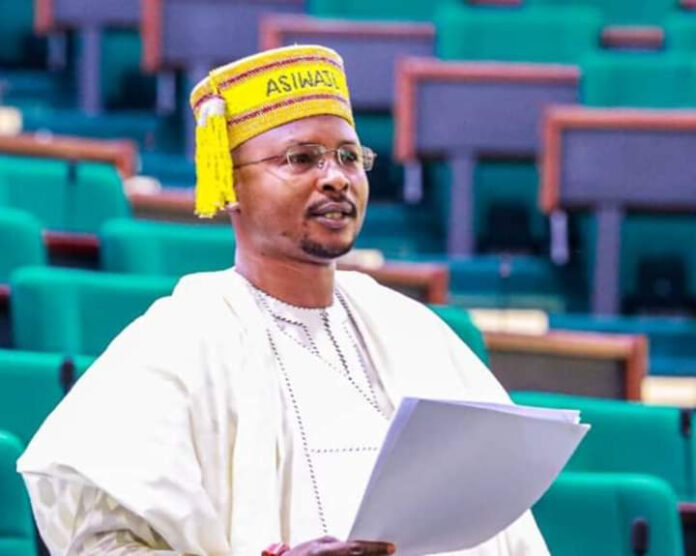The House of Representatives Committee on Customs and Excuse says the Nigeria Customs Service generates most of its revenue from the South-West.
The chairman of the committee, Leke Abejide, asserted on Wednesday at the inauguration of committee members in Abuja.
He said, “The NCS is a big institution with a lot of commands, which are divided into Zones A, B, and C, with the southwest falling into the Zone A category.”
According to him, most of the revenue comes from Zone A, which comprises Lagos, Ondo, Ekiti, Oyo, Osun, and Ogun states in the South-West region.
He alluded to the seaports in Lagos, for example.
He harped on the need to monitor the revenue and remittances of the Customs to shore up the income of the Federal Government.
“I want to assure you that the Committee on Customs and Excise will be steadfast in its pursuit of excellence.
“We will work tirelessly to enhance trade facilitation policies, modernise Customs procedures, and foster a conducive environment for economic growth and development.”
Abejide said under the new Act, the NCS now had access to increased revenue via a new financing model of four per cent FOB, thus enabling it to operate more effectively and efficiently.
“The new Act also introduces a robust e-commerce system, aligning the NCS with global digital trends and promoting rapid revenue generation and ease of doing business.”
He said another notable milestone of the Act was the establishment of a clear leadership structure for the Nigeria Customs Service.
He listed the seven areas of focus of the committee to include oversight on the NCS’s implementation of the new Act, revenue collection, and remittance.
Others were the cost of collection, export processing zones, training institutions, customs and excise laws, and budget estimates.
“We will closely scrutinise the NCS revenue collection and remittance processes to ensure that all Customs duties and levies are promptly accounted for and remitted into the Federation Account.
“We will closely monitor the NCS progress in implementing the Act, ensuring that it adheres to the principles of transparency, accountability, and efficiency.
“We shall continue to review the NCS cost of collection to ensure that it is reasonable and justifiable,” adding that “The new Act introduces a more streamlined and revenue-enhancing approach. Instead of the previously imposed seven per cent surcharge on duty payable, the Act now mandates a four per cent Free-on-Board charge.
“This change ensures that waivers granted do not adversely impact the revenue collection targets of the NCS, leading to a projected threefold increase in income compared to the current levels,” Abejide said.





















